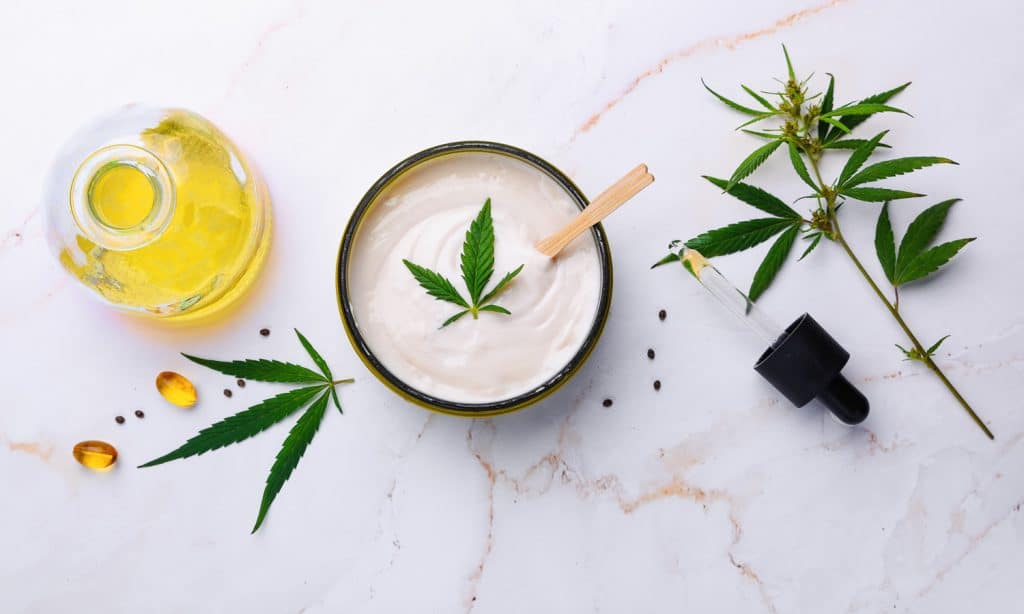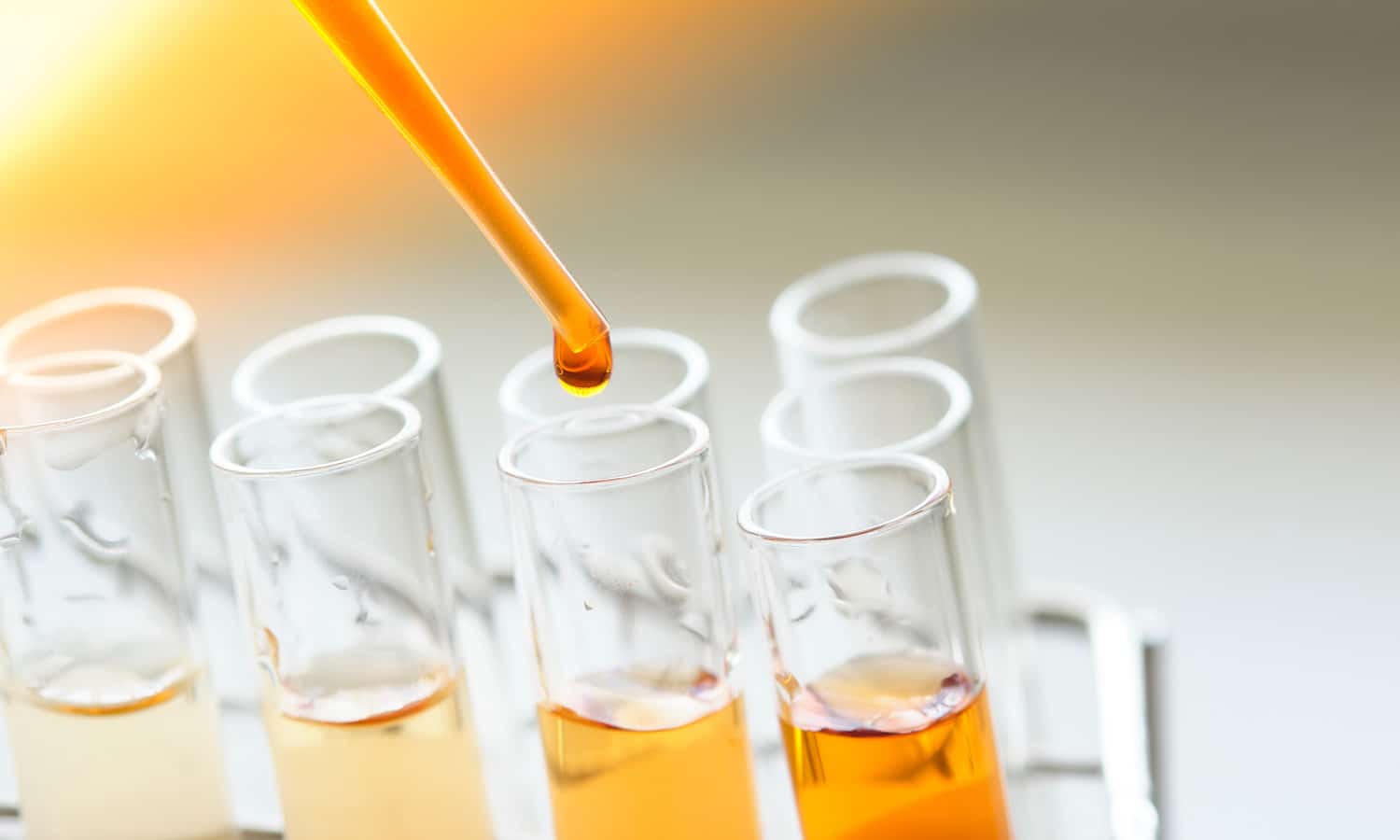When ingested in oil form, one of the most popular consumption methods, the effectiveness of CBD and THC becomes compromised.
A product can claim to contain large amounts of THC or CBD and that it will provide powerful benefits. But while this may be true, it doesn’t explain the complex process of how cannabis ends up absorbed through the bloodstream, which is known as bioavailability. When it comes to CBD and THC oils, the amount of that ends up absorbed in your blood is usually very little.
Bioavailability can be influenced by your body’s make up, physiological processes and, most importantly, the method in which you consume your cannabis. While recreational cannabis is more lax and can be adapted as needed, bioavailability is vital for the plant’s value as medicine. The more bioavailable the product is, the more accurate the dosage, and the less amount of it you’ll need for it to produce its intended effect.
RELATED: Which Is More Effective For Marijuana Patients, THC Or CBD?
When ingested in oil form, one of the most popular consumption methods, the effectiveness of CBD and THC becomes compromised. In fact, only about 6% of the THC or CBD present in these products ends up absorbed by the bloodstream.

The body is made up of 60% water. When compounds are presented in oil form, their potency is affected since the water in our bodies and the oil in the product have trouble mixing. This is further increased by the fact that oil is usually ingested orally, absorbed through the gastrointestinal tract and later making its way to the liver, where it’s metabolized. After so many stops, the amounts of useful compound that end up in your bloodstream is limited.
RELATED: How Bioavailability Will Change The Marijuana Game
For the most part, products that are smoked, inhaled, applied topically or absorbed through suppositories are the most effective of the bunch. While there’s pros and cons with each, products that are smoked work well since the lungs are highly permeable. Suppositories, even if they’re a little weird, produce among the strongest and longest lasting effects. Topical compounds, which are usually medicinal and for pain relieving purposes, work well since there are plenty of cannabinoids located under the surface of the skin.
There are some ways to trick your body into making the cannabis more effective. You can supplement your cannabis with healthy fats, such as hummus, coconut oil and avocado. You can also try butter and ice cream if you’re not feeling all that health conscious and are just looking for a good time.
Why? As we’ve reported before, cannabis contains fat soluble compounds, which means they break down more effectively in fat instead of water. This is why most edibles are high in fat: cookies, brownies, fudge, etc. Coconut oil has been demonstrated to be one of the best fats for absorbing THC molecules.


